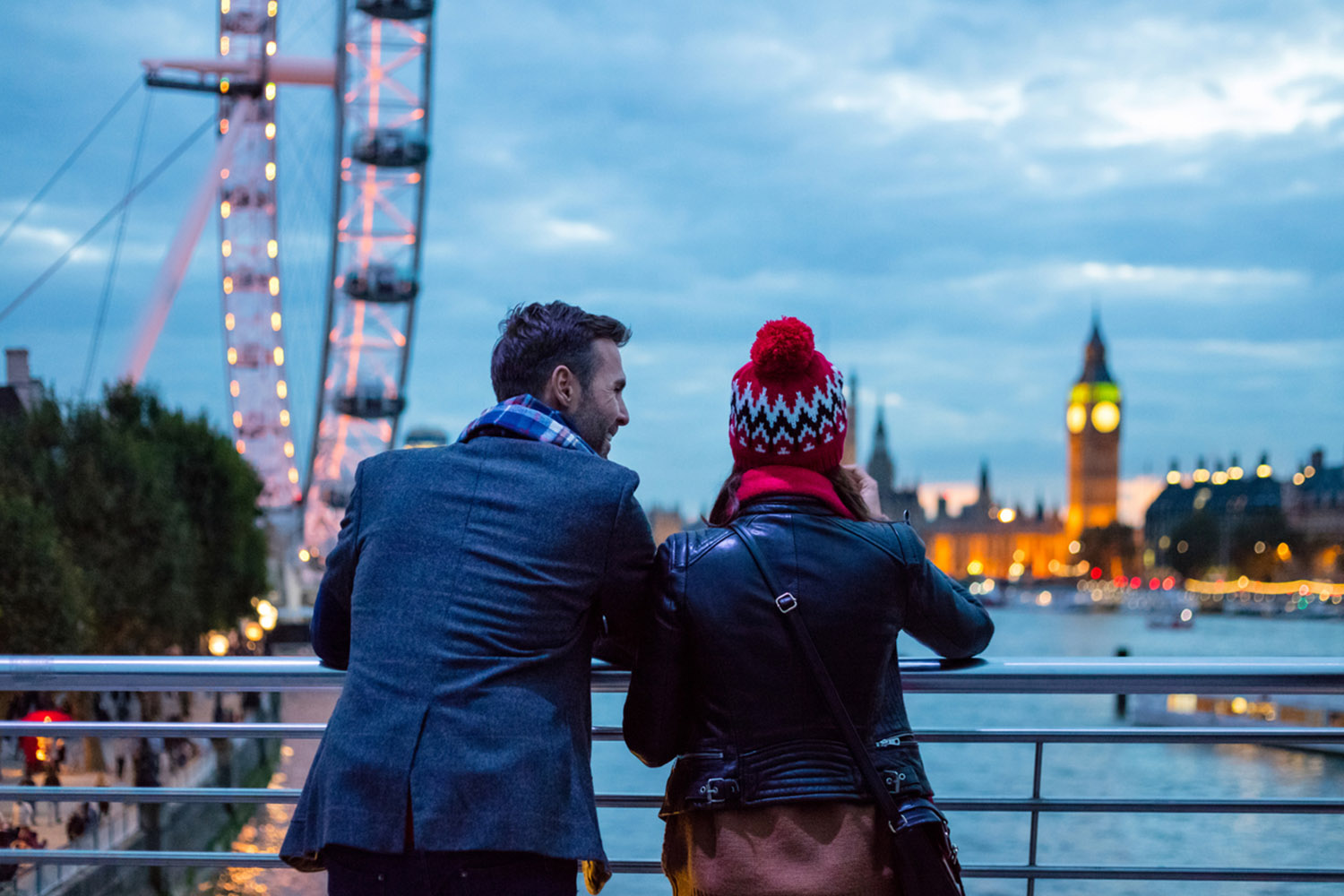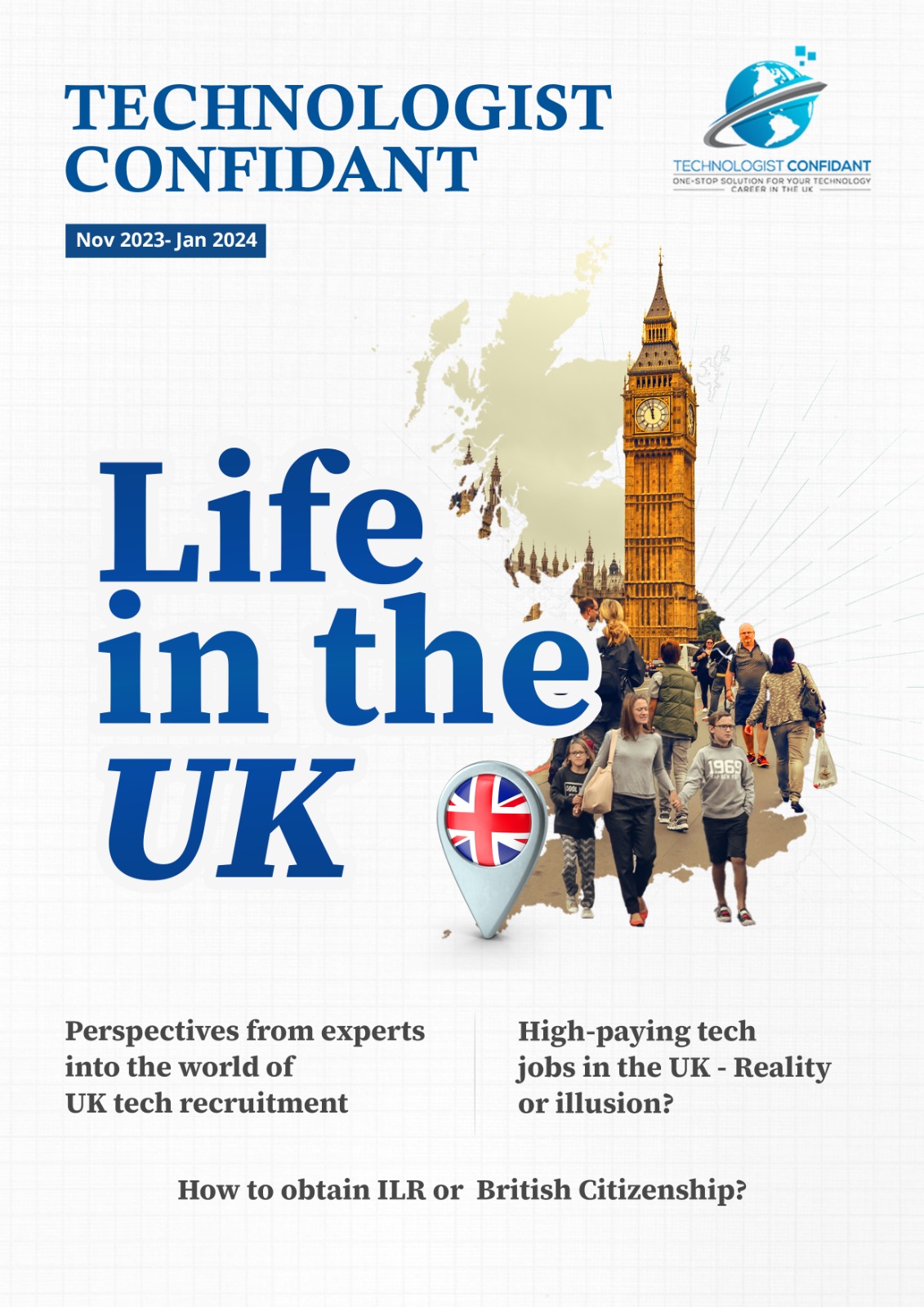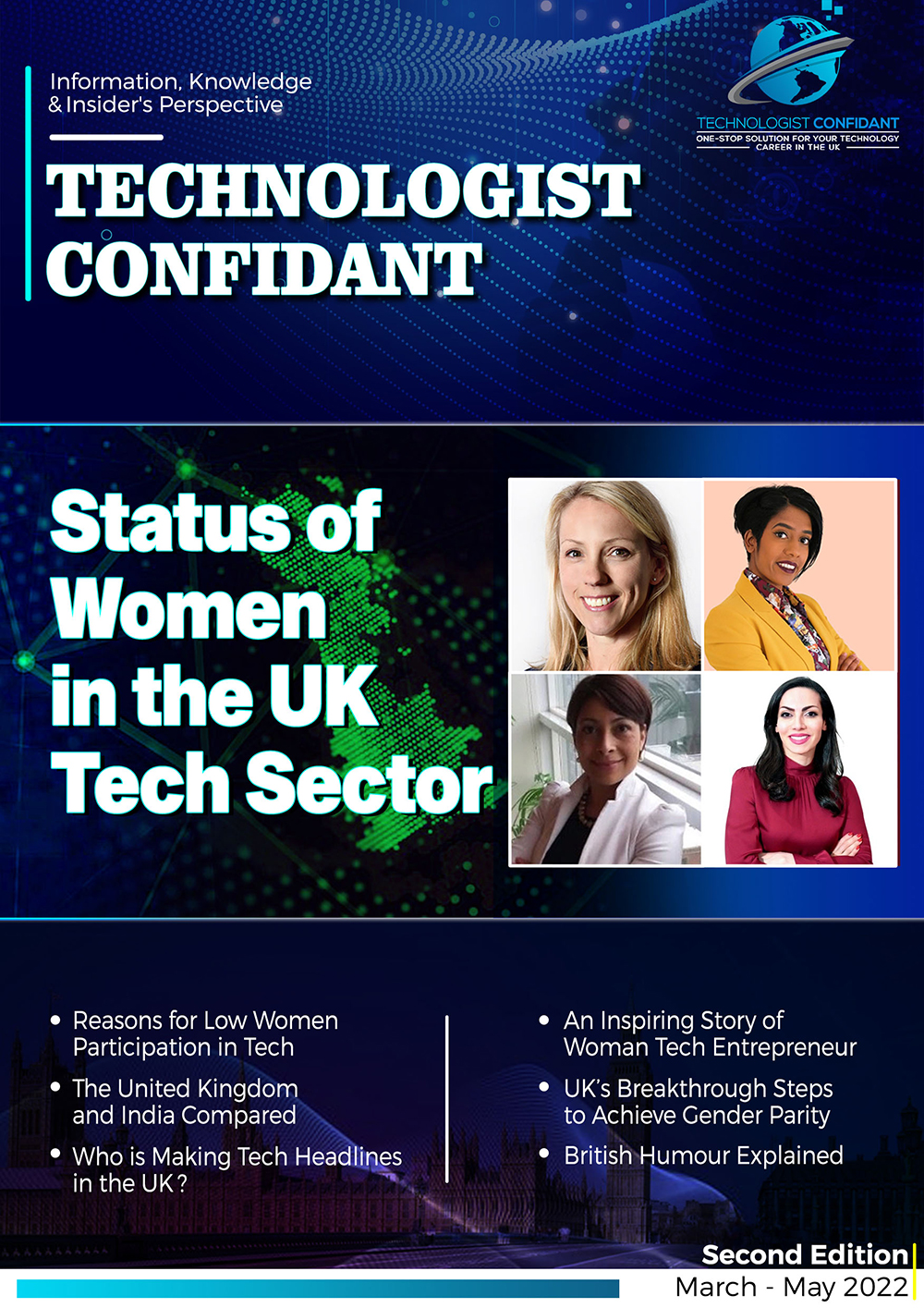The United Kingdom has a lot to offer to Indians: stunning scenery, a melting pot of people from all walks of life, and a plethora of job and educational options. It's the ideal approach to begin your next chapter.
Despite their close relationship, India and the United Kingdom has a number of significant distinctions. So, before you dive into a life of fish and chips, Shakespeare, and football, make sure to read over our list of things to know about the UK below.
How many British accents are there?
While there’s not a straightforward answer to this question, it is likely that there are 20+ British accents based on different defining traits. And then there are dialects, which are defined by regional variations in language, grammar and pronunciation.
Regional dialects in the United Kingdom include Scottish, English, Northern, West Midlands, East Midlands, East Anglian, Southern, Welsh English, and West Country, each with its own unique local accent. People from metropolitan regions, for example, sound a lot different from those living in rural areas, despite the fact that they live in the same area.
The Queen's 'posh' inflexion, also known as Received Pronunciation (RP), has its origins in London and the neighbouring 'home counties,' and it is not spoken by the majority of British people. Those who speak in this manner are typically rich and have most likely attended one of a few conventional and exclusive private institutions.
Estuary English, which falls midway between RP and Cockney, is possibly the most common accent in the south of England. Cockney, on the other hand, is definitely the only other British accent recognisable over the world. However, people born in a certain area of east London are considered Cockney; this is mostly associated with the accent of the working-class population in London.
Scotland has a variety of regional accents, many of which might be difficult to comprehend—totally, it's normal if you can't understand a word!
Geordie is another British accent that outsiders find confusing (pronounced jor-dee). It's perhaps the most difficult to understand of all the English dialects spoken by the good folks of Newcastle and Tyneside in northeast England, and it even confuses a lot of fellow Brits.
A must-have British wardrobe
Aside from its diversified civilisation, the United Kingdom is well-known for its unpredictable weather. Foreigners in the UK must be prepared for all types of weather, including scorching summers, unexpected rainy days, freezing winters, and everything in between. No matter what time of year it is, you'll need the following outfits in your closet to survive the different climate changes you'll encounter during your stay in the UK. A warm winter coat that keeps the chilly winds and snow out, a Mackintosh (raincoat) and Wellington boots (tall waterproof boots) to survive the UK's rainy climate and an Umbrella is one of the common things you’ll find in a Brit’s wardrobe.
Foreign cuisine that the British loves
People from across the globe reside in the United Kingdom, and they have brought their local cuisine with them. Asian, Middle Eastern, African, and Caribbean cuisines are now as common in the British culinary scene as shepherd's pie and trifle.
However, curry beats every dish when it comes to the most favoured foreign cuisine. Every major city in the United Kingdom has an entire street dedicated to curries. To name some, Brick Lane in London, Curry Road in Manchester, and the Balti Triangle in Birmingham. Curries from India to Pakistan to Sri Lanka to Thai to Japan are very popular among Brits. Even if you are not dining at an Asian restaurant, you will most likely come across curry on the menu. In October, there is a dedicated week celebrated as National Curry Week!
In 1747, the first British food book with an Indian curry recipe was published. It simply required chicken, cream, and three spices: pepper, turmeric, and ginger.
Daylight Saving Time
To not just quote, but to tell our readers that the famous proverb coined by Benjamin Franklin, “early to bed, early to rise, makes a man healthy, wealthy and wise”, is the real inspiration behind ‘daylight saving time’. Originally, it was Benjamin who first had the idea and wrote an anonymous paper on the monetary and social benefits of rising early. But, it was an Englishman, William Willet, who thought it to be a practical idea and encouraged people to get out of bed earlier through a leaflet named, ‘The Waste of Daylight’.
Willett spent his entire life trying to persuade others that it was a good concept, but it wasn't implemented in the United Kingdom until 1916, a year after his demise. The clocks in the United Kingdom now always go back one hour on the last Sunday in October and forward one hour on the last Sunday in March.
Lunch on desk
“Why do British people eat their lunch at a desk?” is a question that most international employees wonder about. To simply put, it is a British way to be more productive during their working hours. So next time you see someone eating at their desks, simply join them, it demonstrates your team player spirit and never bring ‘smelly’ or ‘hot’ food to the workplace, it could ruin your efforts to make new friends. Your best bet? Cold foods like sandwiches, salads and cold noodle dishes.
How to make British friends?
British people are notoriously reserved. If you grew up in a different culture, you might find it difficult to navigate while trying to meet people in the UK. However, understanding what to talk about, adhering to certain fundamental social standards, and being aware of topics to avoid will assist you in making British friends.
Talk about the weather: Brits love to talk about the weather, and fortunately, this is a classic conversation starter. If the weather is warm or too sunny, you could start a conversation by saying, "Nice weather for a barbecue!"
Go for a drink: Going out for a drink is an excellent way to meet new people and socialise with friends and flatmates. But don't be concerned if you don't consume alcohol. Brits are kind, and the most important thing about drinking is the social aspect.
Go sporting: Football, rugby, tennis, and cricket are just a handful of the prominent sports in the United Kingdom. If you enjoy or participate in any of these sports, this is another great way to meet locals.
Why do Brits love going to pubs?
The primary reason for going to a pub is to socialise. Brits enjoy gathering in bars, clubs, restaurants, and pubs to chat, discuss politics, watch sports, and celebrate the accomplishments and anniversaries of friends and relatives, such as turning another year older. The drinking age in the United Kingdom is 18 years old, yet many pubs are family-friendly establishments where small children are welcome. However, you should not feel obligated to consume alcohol if you do not choose to. Indeed, there are plenty of excellent alternatives, such as alcohol-free beers and beverages.
Different ways to say ‘it’s cold outside in the UK’
The weather is a popular subject of conversation among Brits, so it's no surprise that they have so many words and expressions to describe the weather. Because the weather in the United Kingdom is unpredictable, there's always something to talk about. You could be in a coffee shop talking about the cold and drizzly rain with a complete stranger, or you could be sitting with friends in a park, gushing about the sunshine. Although it's chilly a lot of the time—there are diverse weather conditions that individuals express using different words. Here are some examples of different ways to say ‘it’s cold outside in the UK’, Breezy (windy), It’s howling out there (very windy), A bit nippy (a bit cold), Chilly (cold day), Bleak (cold and dark day), It’s baltic out there (very cold), Brass monkey (really freezing cold), It’s a grey day (dark and cloudy day), Drizzling (raining lightly), It’s just spitting (raining very lightly, not enough to use an umbrella), Raining cats and dogs (raining heavily), It’s chucking it down (raining very heavily), Knee-deep (snowed a lot), It’s slushy (snow is melting).
Afternoon tea
Tea is an important aspect of British culture. It is ingrained in their cultural identity as a symbol of being British. If you want to fully immerse yourself in our Brits' drinking culture, we recommend indulging in some afternoon tea. It usually consists of dainty finger sandwiches, delectable pastries, scones and clotted cream, all washed down with tea, of course.
Traditional English breakfast
Fried eggs, sausages, bacon, mushrooms, tomatoes, baked beans, and hot buttered bread are all part of an English breakfast. Everything is washed down with cups of hot tea. There are vegetarian and vegan alternatives to a traditional English breakfast available. Many restaurants offer a less meaty version of the full English by replacing sausages with halloumi cheese and mashed avocado with bacon.
Queue etiquette
The British hold the queue convention in the highest regard and despise anyone who attempts to subvert it. As a result, Brits wait in line for the bus, the cinema, the store checkout, and the festival portable toilets. Even if there isn't one, they will actively seek one, asking, "Is this the end of the queue?" So, if you want to succeed in the UK, you must learn to respect the wait. Here are some general guidelines, never push in or jump the line, don't ask the person in front of you to keep your spot while you run along with errands or use the restroom and don't drive into the heels of the person in front of you if you're carrying a suitcase or hauling a shopping trolley.
Tip in the UK
Restaurant tipping differs greatly from those of other nations, such as the United States and France, where a significant gratuity is required. Also, tips account for a sizable portion of a waiter's earnings. Some British restaurants levy a service charge of 10% or 12.5%, which should be indicated on the menu. It will also appear on the bill. There is no need to tip if you have paid a service charge unless you genuinely adored your waiter or waitress!
Cafes are far less likely to accept tips. It would be strange to tip the waiter if you ordered a coffee and a cake. The same is true at pubs and bars. If you're feeling particularly generous, or if you like the guy behind the bar, you should tip.
What makes a British Christmas?
Christmas in Britain is the biggest festive season of the year. It is well known that Brits do Christmas better than other countries worldwide. Britain has no national holiday, Bastille Day, or Independence Day; instead, they have Christmas day. This day is celebrated hugely with family and friends. Works shut down; for example, Cities like London completely close public transportation services on Christmas Day. In other western countries, while Halloween, Thanksgiving, and New Year's are celebrated equally in a grand manner, Brits go all the extra mile to celebrate Christmas; it's extraordinary for British people.
If this is your first Christmas in the UK and you want to have a real British Christmas, here are some things you must do. Watch heart-warming short films and Christmas special TV programs. Listen to Queen’s speech broadcasted at 3 pm on TV, Radio and online media. Eat a mince pie (Foods and drinks such as Turkey, Mince pies, Pigs in blankets, Christmas pudding, and Mulled Wine have been served to connect and deepen communal relationships and sustain British shared identity). Join your colleagues in the office Christmas party (Drinking and dining are part and parcel of workplace Christmas culture in the UK. From turkey roast to Mulled Wine, everything graces the occasion vibrantly. The parties are more of dancing and karaoke. Most importantly, this Christmas party at the workplace is an informal way of a fantastic bonding experience, one of the only times where teams from different departments socialise with each other. From interns to business leaders, it's a time for everyone to relax and socialise).
Are you alright?
When a British person asks, "Are you alright?" the ideal response is always, "Yeah, wonderful, thanks." You?” Anything else will throw a wrench in the works. When it comes to feelings, Brits can be a little awkward, especially when they come from individuals we don't know well.
Shopping in the UK
When you see the price of an item in a UK store, this is the amount you will pay. That's correct — there will be no nasty tax surprises at the conclusion of your shopping journey. In addition, unlike many American stores, UK supermarkets, retail stores, and restaurants generally close at a reasonable hour. Unless you live in a major city like London or Manchester, most stores close between 10 and 11 p.m. Some stores are open on weekends and holidays.
UK bank holidays
The bank holiday in the United Kingdom is a well-known cultural institution. A bank holiday is similar to a public holiday or a religious holiday in that many businesses will close for the day to celebrate or commemorate something; however, restaurants, taverns, and shops will remain open, often with reduced hours. In general, England and Wales have eight bank holidays, Scotland has nine, and Northern Ireland has ten.
How to use ‘Sorry’ like Brits
It is no secret that the British take pleasure in their politeness and use sorry to demonstrate good manners and etiquette. For example, when you accidentally run into someone on the street or when someone walks into you, use “I apologise” or ``I beg your pardon”. When meeting with friends or at casual events, "my bad" is frequently used instead of "sorry." In formal situations, when someone gives bad news, Brits would say, “I regret to inform you”.
Borough market
All Londoners go grocery shopping on Saturday mornings. Fantastic food, a wonderful vibe, and some of the nicest small spots to eat, drink, and talk away the weekend. In the British capital, this is an unquestionable must-see.
Paper poppy etiquette
Many people in the United Kingdom wear a paper poppy on their coat lapel during November. This gesture honours those who died in battles since World War I. With only one rule, “wear it with pride”, wearable poppies come in a number of styles. The white poppy symbolises peace, whereas purple poppies are worn to honour service animals who perished in the conflict. These poppies are frequently worn as an alternative to (or in addition to) the red poppy and are made by companies other than the Royal British Legion.
Love, sweetheart and darling
Beyond "buddy," "sir," and "madam," there are several words used by Britons to address strangers with whom they contact. When serving you, you would expect a shop assistant to address you as "sir" or "miss," but it is also socially acceptable for the assistant to address you as "darling," "dear," or "love." Don't be offended; it's very typical here.






